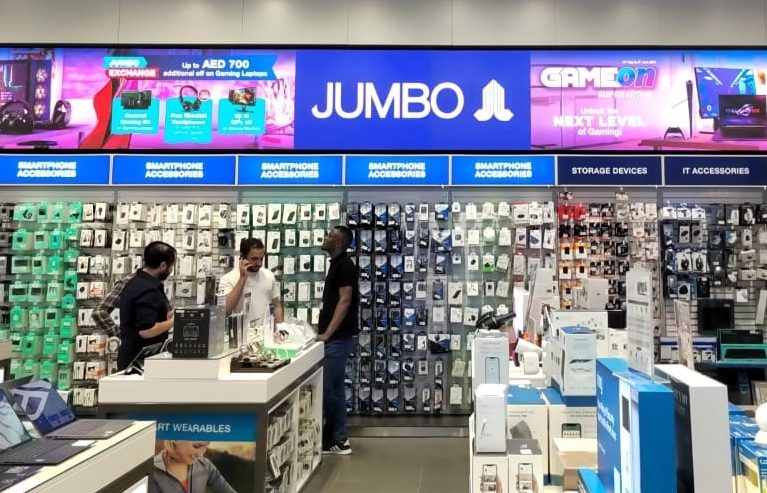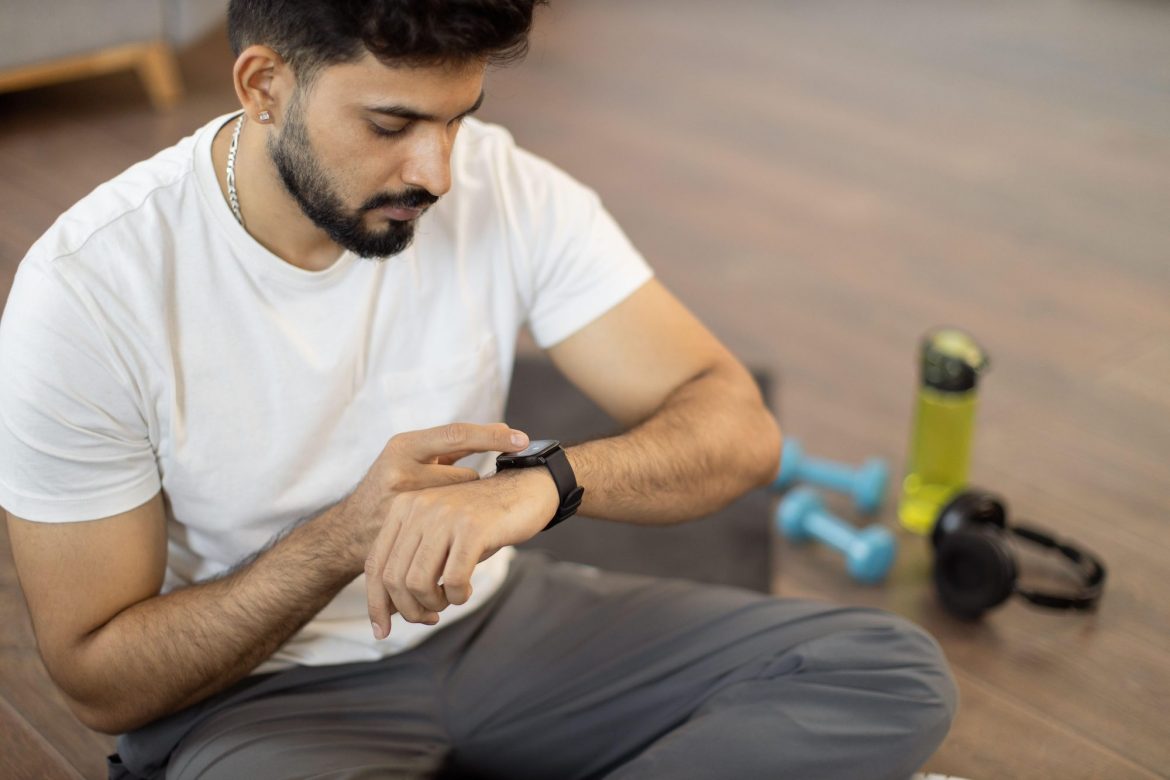- Sales of mid-range wearables up 50%
- Lack of innovation inhibits premium growth
- UAE and Saudi Arabia lead the way
Gulf consumers who are interested in wearable tech – smart watches, rings, glasses and implants – are opting for mid-range gadgets rather than premium devices, industry experts have told AGBI.
Dubai retailer Jumbo Electronics reported 50 percent year-on-year growth in the AED600-1,000 (about $163-$272) price segment in the first four months of 2024. The AED1,000-1,500 category grew by just 32 percent over the same period.
Shoppers cannot justify the cost of high-end gadgets because of a lack of innovation, the industry analysts said. This trend is not lost on major technology brands.
“Established players like Apple, Huawei and Samsung are also increasingly focusing on products that fall under the AED1,000 mark,” said Vikas Chadha, CEO of Jumbo Electronics.
While the wearables market in the GCC is still young, according to Jack Leathem, research analyst at Canalys, the UAE and Saudi Arabia are promising long-term markets, fuelled by a growing consumer interest in health and fitness.
“Residents are extremely interested in tracking health metrics such as heart rate and physical activity and are therefore turning to wearables,” Leathem said.
- ‘Smart ring’ project aims to help fight chronic health problems
- Living like the Jetsons: Middle East homes go smart
- Middle East phone users turn to Chinese budget brands
“Consumers in both markets express not only their interest, but their belief that tracking health metrics can significantly improve their quality of life and public health too,” he said.
However, Leathem warns that these devices have limitations.
 Supplied
Supplied“Can a fitness band really tell you anything you wouldn’t know if you’re already exercising regularly?” he said.
Actionable insights are not always available, leaving users unsure how to interpret and improve their readings.
The accuracy of these devices varies greatly, with the risk of false readings leading to unnecessary medical consultations and wasted resources, according to Dr Ayaz Ahmed, a specialist in internal medicine at Aster Cedars Hospital & Clinic.
“Incorrect data could also lead to misdiagnosis or inappropriate treatments,” Dr Ahmed said. “Calibration, validation and standardisation of these devices are necessary to ensure they provide reliable data.”
The focus on affordability can be seen across the consumer tech sector. The Middle East’s smartphone market is flourishing, with shipments (excluding Turkey) reaching more than 12 million units in the first quarter of 2024 – an increase of 39 percent – but consumers are favouring budget-friendly Chinese brands over iPhone and Samsung.
 Jumbo
JumboMarket research firm Canalys reported that Chinese smartphone brand Transsion recorded quarter-on-quarter growth of 10 percent, followed by Xiaomi (up 7 percent) and Honor (up 4 percent). By comparison, Samsung’s Q1 volumes dropped 17 percent after weak sales of its lower-priced A-series models. Regional sales at Apple fell 14 percent.
However, some companies in the wearables sector are making advances to try to compete. Oura and Samsung are introducing health insights powered by machine-learning algorithms, such as Oura’s cardiovascular age feature, which estimates how quickly the heart is ageing compared to chronological age.
“Improvements in battery life mark the beginning of a new era in smart watch technology and such advancements are poised to address a long-standing consumer complaint and may prompt more users to upgrade their devices, as well as attract new buyers,” Leathem said.
The most significant shift, however, might come from advanced sensors, according to market intelligence firm IDC.
“Once advanced sensors… that can measure blood pressure or glucose hit the market, things will change and we may see premium models go up in popularity,” an IDC report said.
